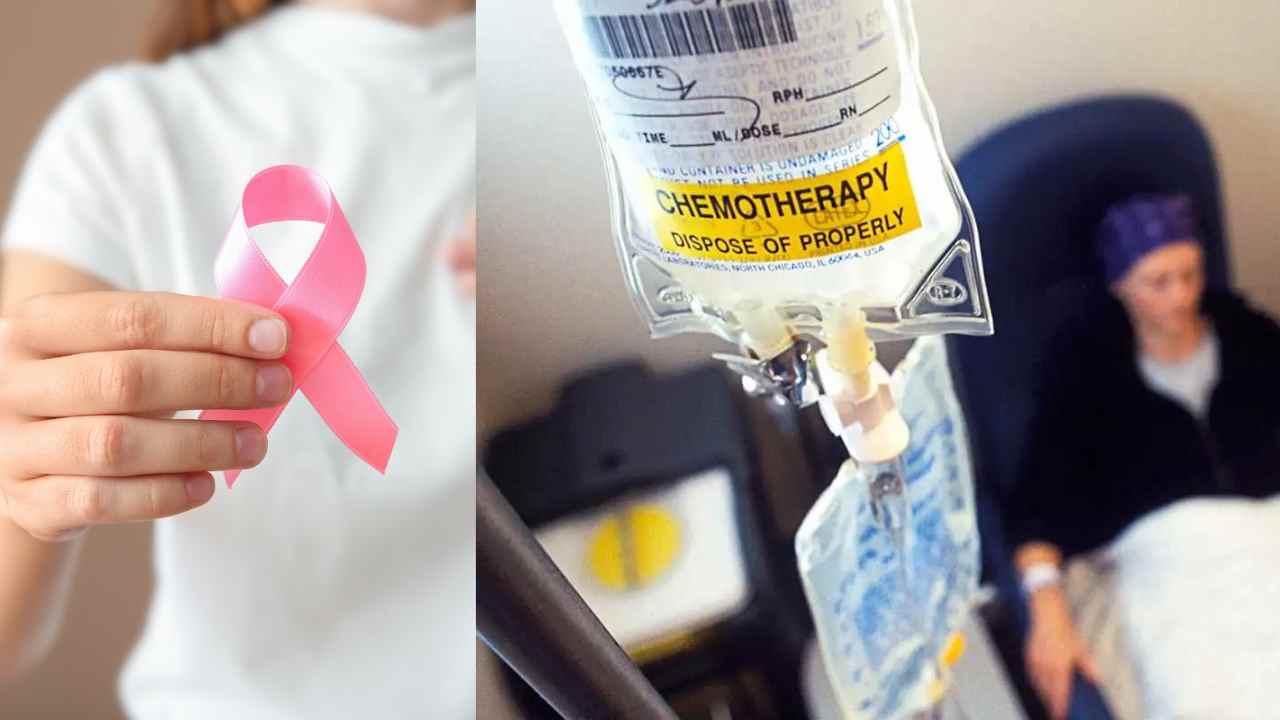New research in the treatment of metastatic breast cancer offers hope for patients facing this challenging condition.
According to the American Cancer Society, nearly 1 million women are currently battling various forms of cancer, with about 31% of them dealing with Breast Cancer.
Commonly, surgery and chemotherapy are the main methods to address breast cancer, but the impact of these treatments can extend beyond physical recovery.
Research Findings
In recent times, hormone therapy used to treat certain types of breast cancer treatments. Among the cases that fall into the hormone receptor-positive and HER2-negative category, which constitutes about 70% of breast cancer instances, treatment approaches have been evolving.
Research has highlighted a new advancement in the management of endocrine-resistant HR+ and HER2– metastatic breast cancers.
A treatment known as sacituzumab govitecan has shown significant progress in prolonging the time before cancer progresses, surpassing the effectiveness of traditional chemotherapy.
An article published in The Lancet suggests that sacituzumab govitecan offers a 95% chance of survival for individuals with endocrine-resistant HR+ and HER2– metastatic breast cancer, based on a study involving 776 patients.

This study dives into the survival outcomes and various factors linked to the expression of trophoblast cell-surface antigen 2 (Trop-2) and other pertinent elements. Sacituzumab govitecan demonstrated a clear advantage over chemotherapy, leading to improved survival rates and manageable safety concerns. These findings hold promise for patients who have undergone prior treatments for HR+ and HER2– metastatic breast cancer.
During the trial phase, participants were randomly assigned to receive either sacituzumab govitecan or chemotherapy. The trial spanned multiple medical centers across North America and Europe. All individuals were those with hormone receptor-positive and HER2-negative metastatic breast cancer. And they also had received previous treatments.
The aim of the trial was to assess different aspects including progression-free survival, overall survival, objective response rate, and patient-reported experiences.
Results of the research
As of July 1, 2022, out of 776 screened patients, 543 were randomly assigned to receive either sacituzumab govitecan or chemotherapy. Of these, 272 received sacituzumab govitecan and 271 received chemotherapy. Over a median follow-up of 12.5 months, 390 deaths recorded.
The overall survival rate was notably higher with sacituzumab govitecan compared to chemotherapy. This improvement in survival was consistent across different levels of Trop-2 expression.
Additionally, the response rate was higher with sacituzumab govitecan. It also with improvements in overall health status, quality of life, and a reduction in fatigue. The safety profile of sacituzumab govitecan aligned with findings from previous studies.
Conclusion
The need for effective treatments for endocrine-resistant metastatic breast cancer remains high. Sacituzumab govitecan has shown promise in its ability to target Trop-2 (a protein linked to cancer progression) and deliver chemotherapy.
This treatment has gained approval for specific cases of triple-negative breast cancer. The TROPiCS-02 trial investigated the effectiveness of sacituzumab govitecan for endocrine-resistant HR+ and HER2– metastatic breast cancer.
Sacituzumab govitecan presents a promising alternative to chemotherapy, demonstrating improved survival rates. This research opens avenues for addressing the complexities of this challenging condition.







